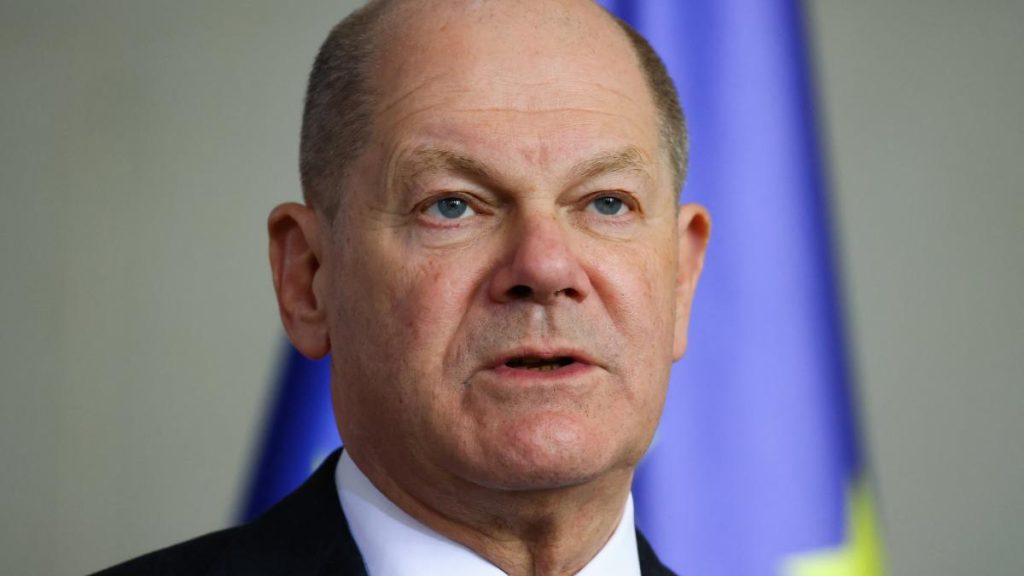German Chancellor Olaf Scholz reiterated Germany’s support for Ukraine and called for a just peace during the Easter holidays. In response to criticism from five social democratic scholars, including historian Heinrich August Winkler, about the Ukraine policy, SPD politician Ralf Stegner defended the Chancellor’s course. Scholz emphasized that peace without freedom means oppression, and peace without justice does not exist, stating that Germany will support Ukraine in its fight for a just peace for as long as necessary.
During Easter prayers for peace, Chancellor Olaf Scholz urged for continued support for Ukraine and stressed the importance of peace based on freedom and justice. He highlighted the desire for a more peaceful world, mentioning that people in the Middle East and Ukraine also long for peace. Scholz emphasized the significance of not shifting borders through violence, asserting that the support for Ukraine is also essential for the security of Germany and Europe, particularly in response to Russia’s actions under Vladimir Putin.
Scholz emphasized that upholding the principle of not shifting borders through force has been crucial for peace in Europe and alleged that this principle has been violated by Russia under Putin. He stated that it is within Germany’s power to restore this principle by continuing to support Ukraine decisively and calmly, as well as by investing more in their own security and maintaining unity. Scholz concluded his video message with wishes for a pleasant holiday season, even in these challenging times, underlining the importance of upholding the rule of law over violence as a prerequisite for peace, particularly in current circumstances.
The Chancellor’s remarks align with the sentiments expressed in Easter prayers around the world for a more peaceful global community. Scholz’s message aimed to reinforce the commitment to supporting Ukraine in its pursuit of a just peace, highlighting that peace without freedom and justice is unsustainable. By emphasizing the need for a collective effort to uphold the rule of law and prevent violence, Scholz underscored the importance of unity and support for Ukraine in ensuring peace and security in Europe.
In the face of criticism from social democratic scholars, Scholz remained steadfast in his support for Ukraine and emphasized the interconnectedness of peace, freedom, and justice. His comments underscored the importance of collective action in upholding international principles and working towards a more peaceful world, particularly in regions like the Middle East and Ukraine where peace remains a paramount concern. Scholz’s message resonated with the broader call for a just peace, reiterating the commitment to supporting Ukraine in its quest for stability and security.


